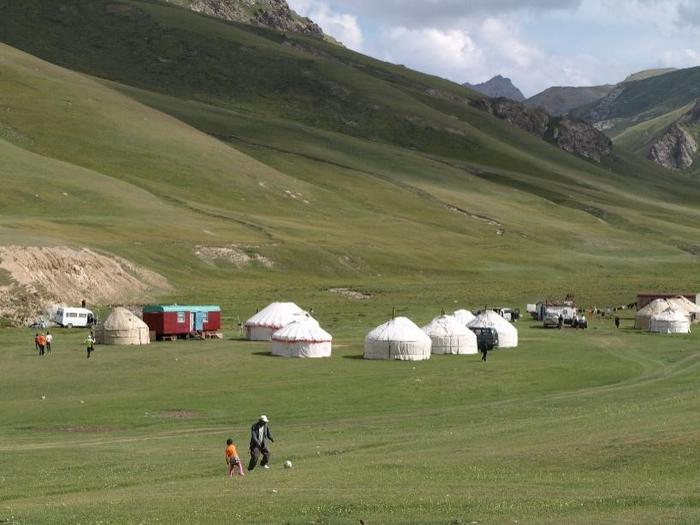The emergence in the Neolithic of patrilineal1 social systems, in which children are affiliated with their father’s lineage, may explain a spectacular decline in the genetic diversity of the Y chromosome2 observed worldwide between 3,000 and 5,000 years ago. In a study to be published on 24 April in Nature Communications, a team of scientists from the CNRS, MNHN and Université Paris Cité3 suggest that these patrilineal organisations had a greater impact on the Y chromosome than mortality during conflict.

Credit: © Heyer Evelyne, Segurel Laure
The emergence in the Neolithic of patrilineal1 social systems, in which children are affiliated with their father’s lineage, may explain a spectacular decline in the genetic diversity of the Y chromosome2 observed worldwide between 3,000 and 5,000 years ago. In a study to be published on 24 April in Nature Communications, a team of scientists from the CNRS, MNHN and Université Paris Cité3 suggest that these patrilineal organisations had a greater impact on the Y chromosome than mortality during conflict.
This conclusion was reached after analysing twenty years of anthropological field data – from contemporary non-warlike patrilineal groups, particularly from the scientists’ own fieldwork carried out in Asia – and modelling various socio-demographic scenarios. The team compared warrior and non-warrior scenarios and showed that two processes play a major role in genetic diversity: the splitting of clans into several sub-clans and differences in social status that lead to the expansion of certain lineages to the detriment of others.
This study calls into question the previously proposed theory that violent clashes, supposedly due to competition between different clans, in which many men died, were at the origin of the loss of genetic diversity of the Y chromosome. The results of this study also provide new hypotheses on human social organisation in the Neolithic and Bronze Age.
notes :
- In these systems, children are affiliated with their father’s lineage. Women marry men from different groups andmove to live with their husbands.
- The chromosome responsible for male sexual characteristics.
- From the laboratoire d’Eco-anthropologie (CNRS/Muséum national d’Histoire naturelle/Université Paris Cité).
Journal
Nature Communications
Article Title
Patrilineal segmentary systems provide a peaceful explanation for the post-Neolithic Y-chromosome bottleneck
Article Publication Date
24-Apr-2024



